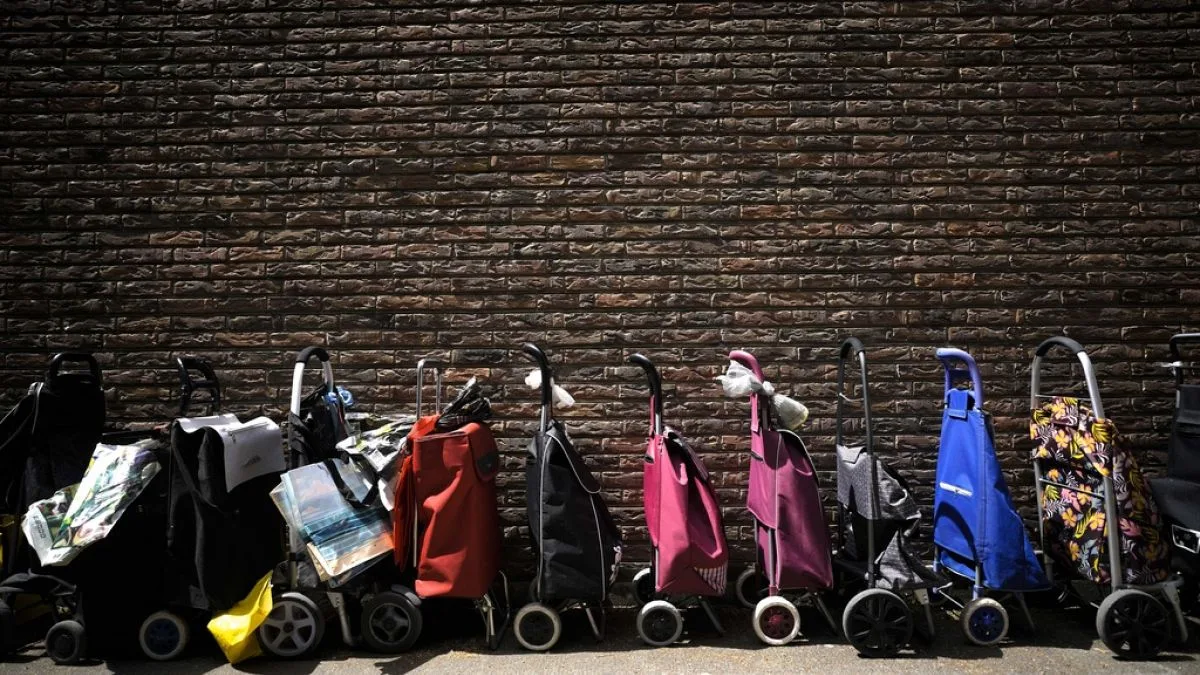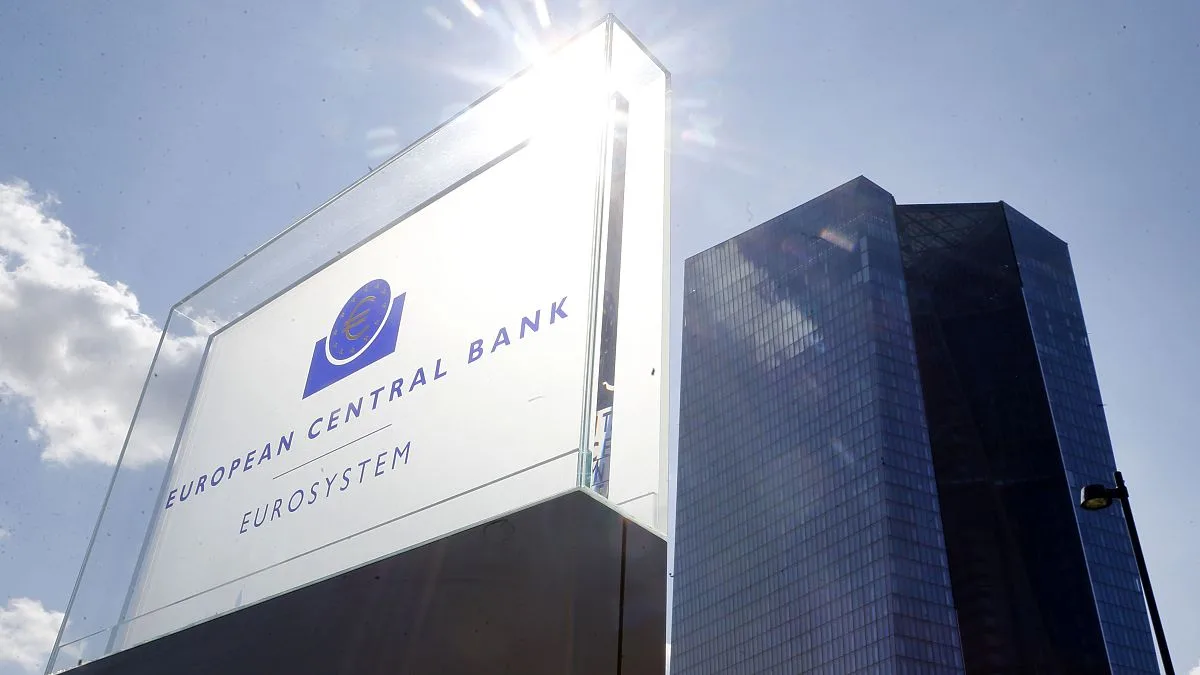A significant survey reveals that Germans are poised to tighten their spending rather than increase private consumption, a sector that constitutes roughly half of the GDP in Germany, Europe’s largest economy.
Germany is grappling with economic instability, including job reductions in the automotive industry, which have pushed consumer expectations down to their lowest levels in seven months. The GfK Consumer Climate Indicator, based on a survey of 2,000 people, has plunged by 4.9 points to a score of -23.3, indicating a souring sentiment among consumers for December 2024. The forecast had anticipated a figure closer to -18.6.
“Expectations regarding income have significantly dropped, and there is a slight decline in the willingness to purchase,” noted researchers from GfK and the Nuremberg Institute for Market Decisions. They went on to mention that “the inclination to save is on the rise,” resulting in a pronounced decrease in consumer intent to spend as the year draws to a close.
The atmosphere of job insecurity, compounded by industrial layoffs and stark growth predictions, has also contributed to this pessimism. For the fourth consecutive month, German consumers have reported a gloomy outlook on the overall economic climate.
With private consumption making up approximately half of Germany’s GDP, a decline is anticipated at a time when the nation is already struggling to stave off recession. The export sector is also facing significant challenges, particularly with emerging concerns regarding the possibility of new trade tariffs being imposed by an incoming US administration on European goods.
France Faces a Similar Gloomy Forecast
In a parallel situation, data from France indicates that households are equally losing confidence in their financial futures. The French statistics office INSEE reports that household consumer confidence has dropped to 90 points in November from 93 points in October, remaining below the long-term average of 100.
French families are bracing for a steep rise in prices and an anticipated decline in their financial well-being over the next year. There is also growing anxiety about falling living standards in the country, with this indicator reaching its lowest point since October 2023.
Moreover, fears regarding unemployment are escalating, with the relevant indicator hitting its highest mark since May 2021.
Photo credit & article inspired by: Euronews



